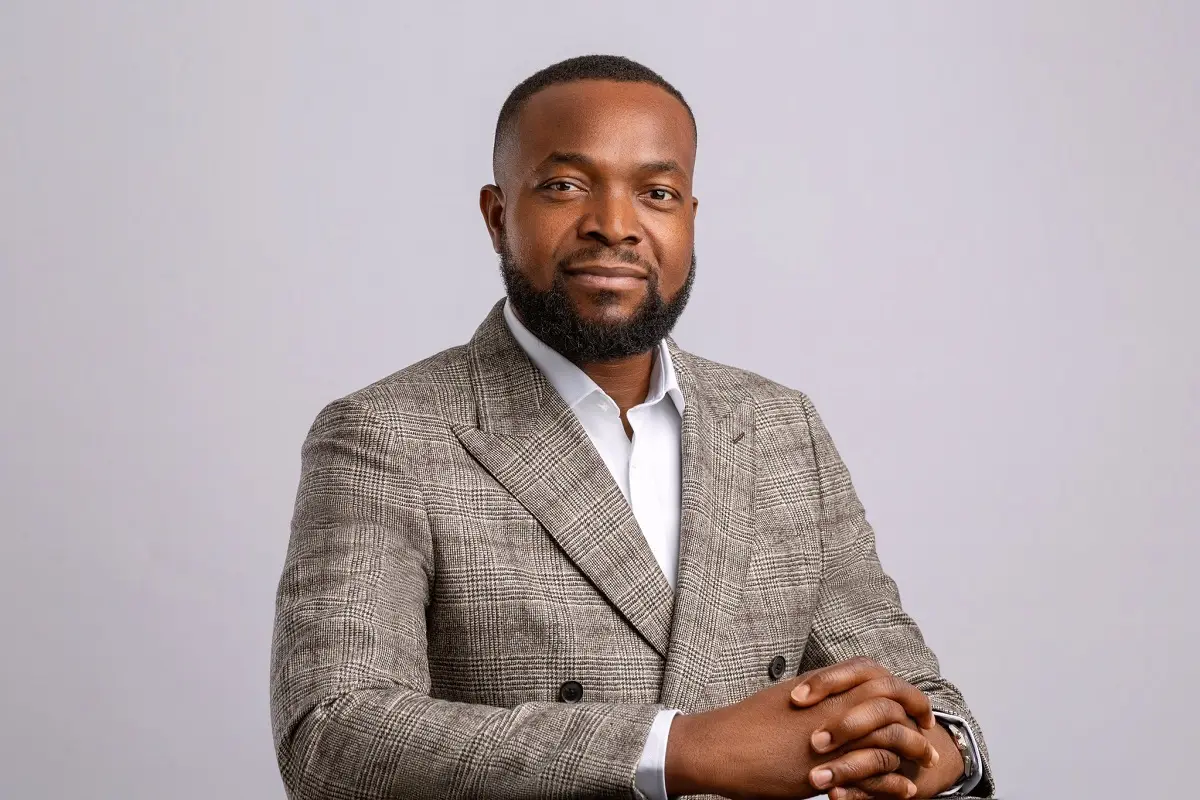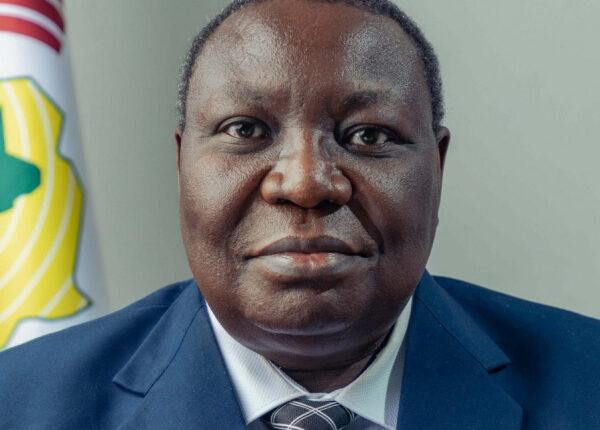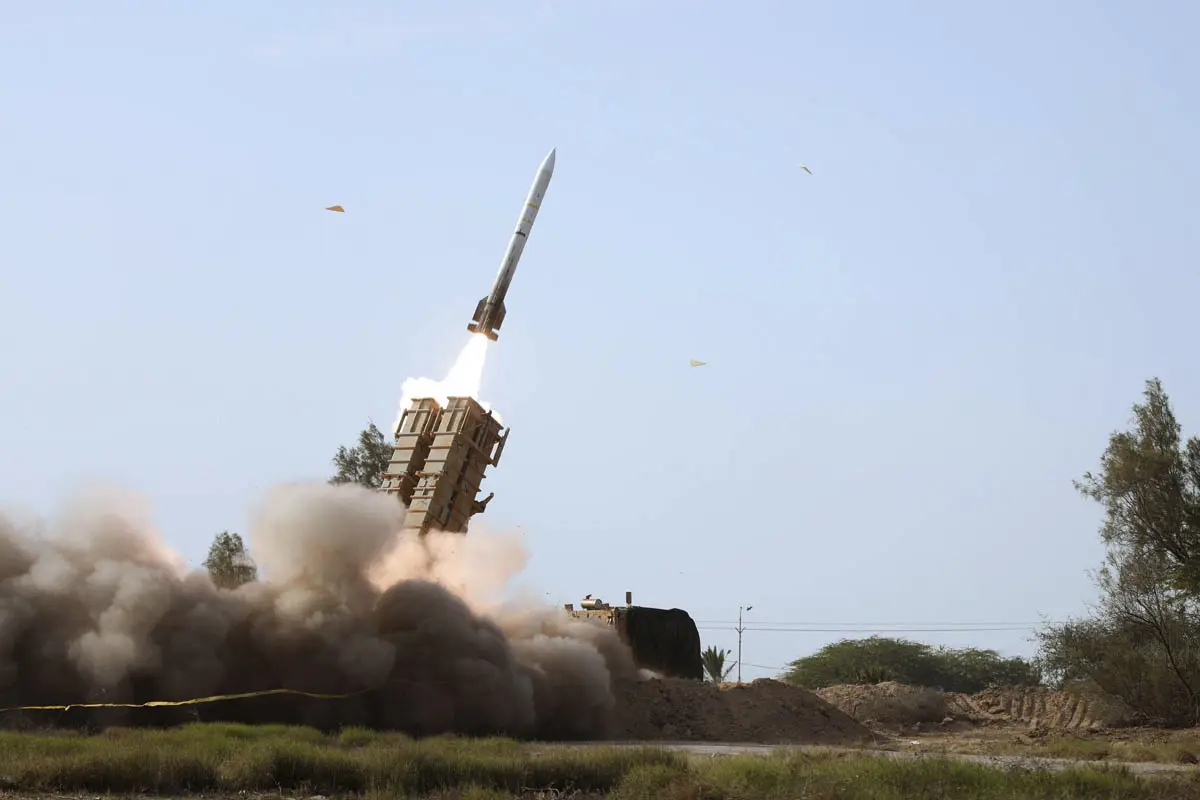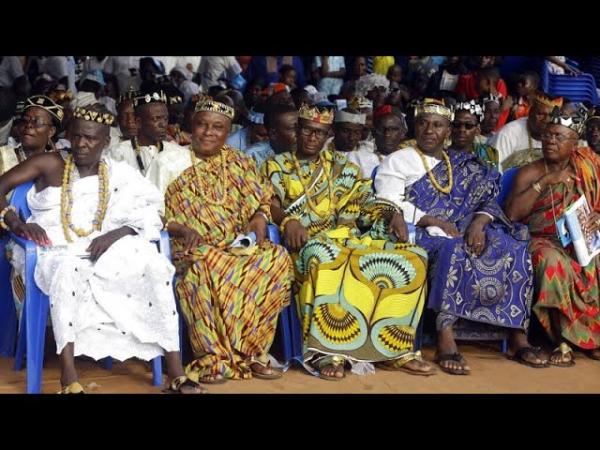
Former President, Chief Olusegun Obasanjo,
Former President, Chief Olusegun Obasanjo, African Development Bank (AfDB) and the Institute of Tropical Agriculture, (IITA), will commence the long awaited Zero Hunger project on January 1, 2017.
This was disclosure was made in Abuja by the Director, Agriculture and Agro-industry Department, AfDB, Dr Chiji Ojukwu, after the final committee meeting chaired by Obasanjo on Zero Hunger by 2030 with other stakeholders held.
According to Ojukwu the former President Olusegun Obasanjo, is doing everthing possible to commence the implementation in January 2017, adding that the document will be submitted for President Muhammadu Buhari’s endorsement following the federal government’s support for the project.
Ojukwu explained that the Zero Hunger project will commence with four pilot states which include Benue, Ebonyi, Sokoto and Ogun. He noted that the pilot states volunteered themselves to participate in the project and their governors came and said they are ready to get involved in the campaign.
In his address, Ojukwu said “Today’s meeting is to finalise our report as to how Nigeria can achieve zero hunger by 2030, but in next five years we want to make big progress. Our Chairman and former President, Chief Olusegun Obasanjo, said let us start implementation of the project by 1 January 2017. And when this report is finalised by the end of 2016 it will be submitted to the President Muhammadu Buhari to get his endorsement, and also the states are fully in support.
“We have selected four pilot states which are Benue, Ebonyi, Sokoto and Ogun. These four states will get maximal support to move ahead while the others can join on their own and until we are ready to move as we have planned. These states have been selected to run with from January 2017 to make sure that most of these commodities where Nigeria is not meeting self-sufficiency we can push them to run and move ahead with production, processing and then the community will monitor, provide resources, bring donors like us , AfDB to support them to stand.
“In two years we are going to add another eight states and then in five year’s time the 36 states have been covered. We will make sure that Nigeria can no longer be a country that cannot feed itself. The focal commodities under the project are rice, beans, sorghum, cowpea, vegetables and most of the spices that Nigeria produces but not sustained will be pushed up for local production instead of importing them.”
In terms of implementation he said that, “In a programme like this implementation actually belongs to the private sector. What the states and federal governments are doing is to provide the enabling environment to get production moving. Buying the mills, doing the production, marketing, and processing are the role of the private sector.”
He further stated that in terms of resources the states have to come back to the committee, because they have told them to choose a minimum of two crops and one livestock, and they will do the estimates and present to members of the committee before end of 2016.






















